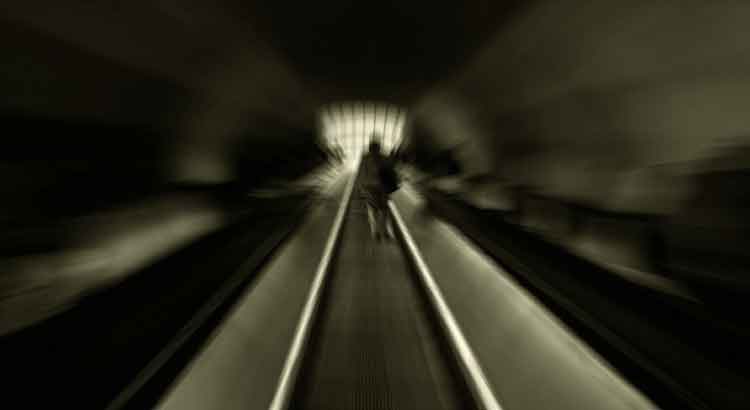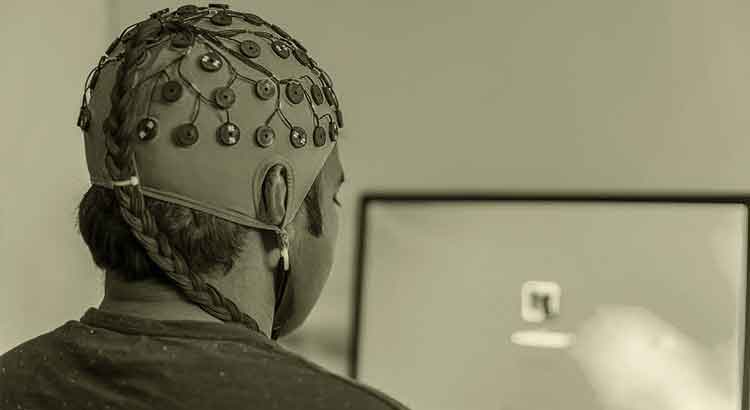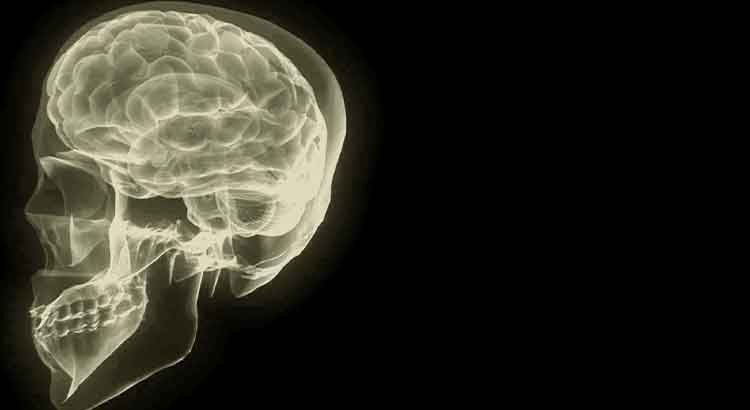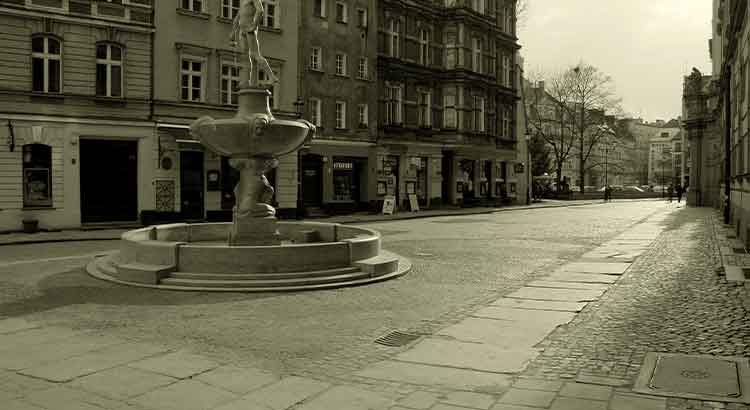The best decisions emerge after long, albeit shapeless, meditation, which is slowly concentrated to a point where it violently spills over into an impulse that, by volitional action, is immediately allowed to flow out: it materializes in this impulse, and continues to bear fruit. Intuition, taken in the Jungian sense, when developed, is capable of manifesting itself laden with a certainty that surpasses reasoning. It is the flash of a precious faculty. To go against it, in these cases, is to squander it. That is why patience in important decisions is right—but sometimes the most profitable thing is to have the courage to follow the intuition.
Tag: psychology
Neuroscience and Art
I was pleasantly surprised to discover the conclusions that neuroscience has reached through encephalography. They all corroborate what, from experience, I have defined as the ideal working methodology. And there is much, much to conjecture… Neuroscientists tell us that, in the state of normal activity of the brain, when awake, there is a predominance in the emission of waves called beta, as well as in the execution of activities that require high concentration. On the other hand, in a state of relaxation, reflexive or meditative, there may be a predominance in the brain in the emission of waves of lower frequency, the so-called alpha waves. The most interesting—although it is not a novelty—is that neuroscientists have noticed a relationship between the emission of alpha waves and several brain manifestations, such as creativity. These observations come in support of the following theory: in art, there are two distinct moments of the creative process: ideation and realization. It is presumable that while realizing the work, the artist’s brain predominates in the emission of beta waves, since it is strongly concentrated on the details of what it is creating. It is not, therefore, the moment when the best ideas for the work will shine, if the observations of neuroscience are correct. Therefore, it is necessary for the artist to define a distinct moment to conceive them, or, in other words, to distribute the brain effort in stages in order to exploit it more intelligently. Neuroscientists have not said what I repeat: creativity does not function, in the brain, as the execution of precise tasks; this means that one cannot obtain immediate results and with the same regularity when stimulating it. But one can certainly stimulate it in a methodical way, letting it work in its own time. This is why for the artist whose routine regularly encloses semi-meditative states, creative explosions are very far from manifestations of God.
Identical Mental Stimulation Mechanism
Curious lines from this Aleister Crowley, in Eight Lectures on Yoga:
Suppose I want to evoke the “Intelligence” of Jupiter. I base my work upon the correspondences of Jupiter. I base my mathematics on the number 4 and its subservient numbers 16, 34, 136. I employ the square or rhombus. For my sacred animal I choose the eagle, or some other sacred to Jupiter. For my perfume, saffron—for my libation some preparation of opium or a generous yet sweet and powerful wine such as port. For my magical weapon I take the sceptre; in fact, I continue choosing instruments for every act in such a way that I am constantly reminded of my will to evoke Jupiter. I even constrain every object. I extract the Jupiterian elements from all the complex phenomena which surround me. If I look at my carpet, the blues and purples are the colours which stand out as Light against an obsolescent and indeterminate background. And thus I carry on my daily life, using every moment of time in constant selfadmonition to attend to Jupiter. The mind quickly responds to this training; it very soon automatically rejects as unreal anything which is not Jupiter. Everything else escapes notice. And when the time comes for the ceremony of invocation which I have been consistently preparing with all devotion and assiduity, I am quickly inflamed. I am attuned to Jupiter, I am pervaded by Jupiter, I am absorbed by Jupiter, I am caught up into the heaven of Jupiter and wield his thunderbolts. Hebe and Ganymedes bring me wine; the Queen of the Gods is throned at my side, and for my playmates are the fairest maidens of the earth.
The parallel with art is perfect. That is to say: both the magician and the artist possess identical mental stimulation mechanism. Following the steps described by Crowley, that is, progressively inciting oneself around the same objective, no doubt it is to be expected a kind of ecstasy, of psychic overflow in the act of materialization of this long sequence of efforts. Turning the lens back to the artist, or rather the poet, it is laughable to sit before the blank sheet of paper waiting for “inspiration”. Certainly, a poet who does this is unprofessional. Sitting down, in art, is what the ceremony is in magic: the serious artist must do it only after completing the necessary preparation and when he feels inflamed, exploding by the expression of a certain idea or feeling. Thus he reaches, after scientific meticulousness in the preparations, the propitious state of mind so that the brilliance and fairness in the expression may spring up in his mind.
Antero de Quental and Cesare Pavese
In Cesare Pavese’s diary, suicide can be easily glimpsed since we find, first, the suicidal idea that appears repeatedly as a solution, and, second, temperamental oscillations that cloud the reason. In Antero de Quental, the picture is completely different. Antero is, among other things, a stoic—and this implies both the ability to accept reality and the ability to control himself. In Antero, despite the atrocious psychological conflict, we find reason taking the reins of instinct, and from this it follows that the spirit, accustomed to sharp oscillations, is also accustomed to converting them into fruitful impulses through meditation. How, at the age of forty-nine, could Antero commit suicide? On the one hand, it seems obvious to me that we are all subject to the susceptibilities of the race; on the other hand, it seems erroneous to want to attribute common causes to an uncommon man.



